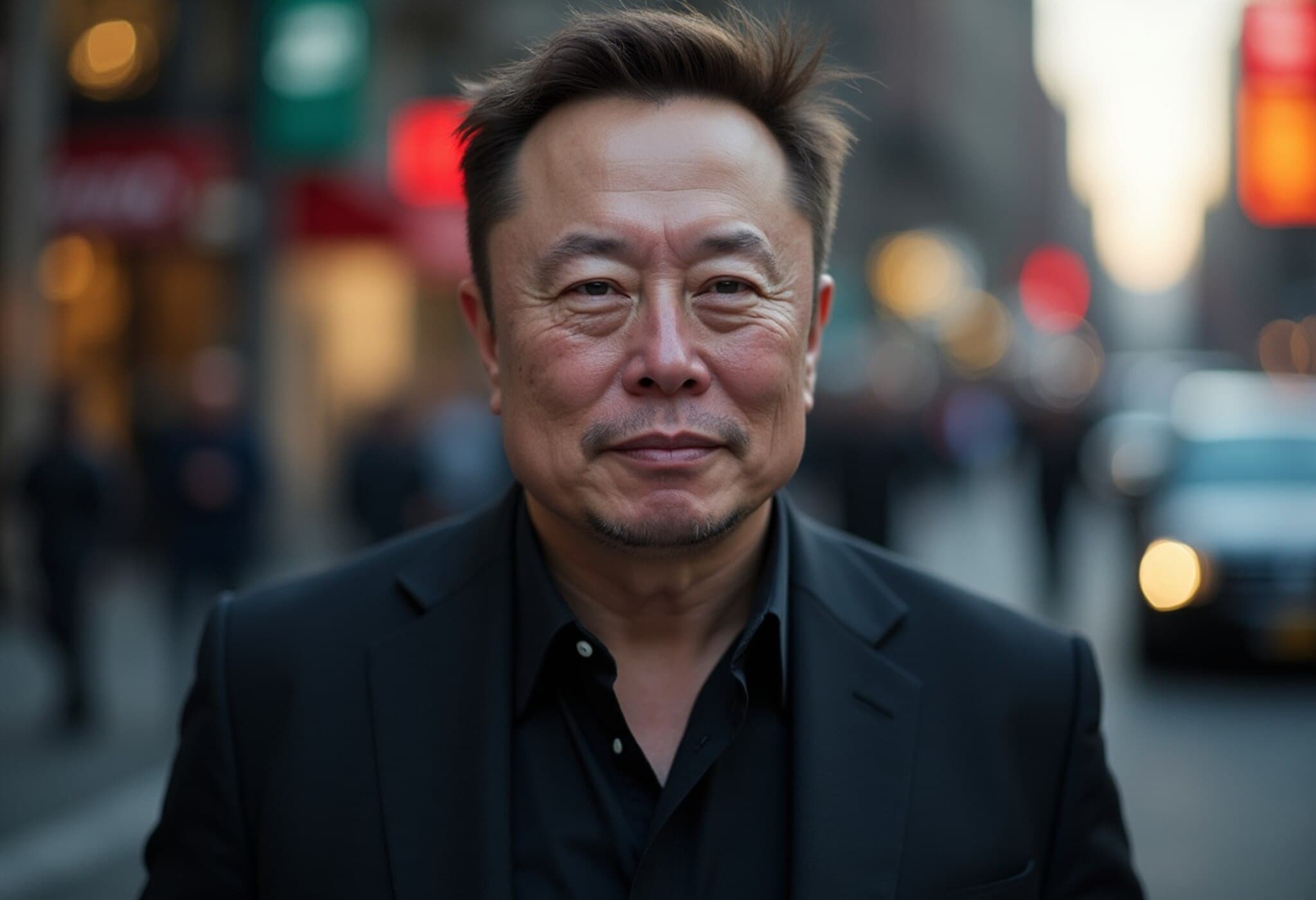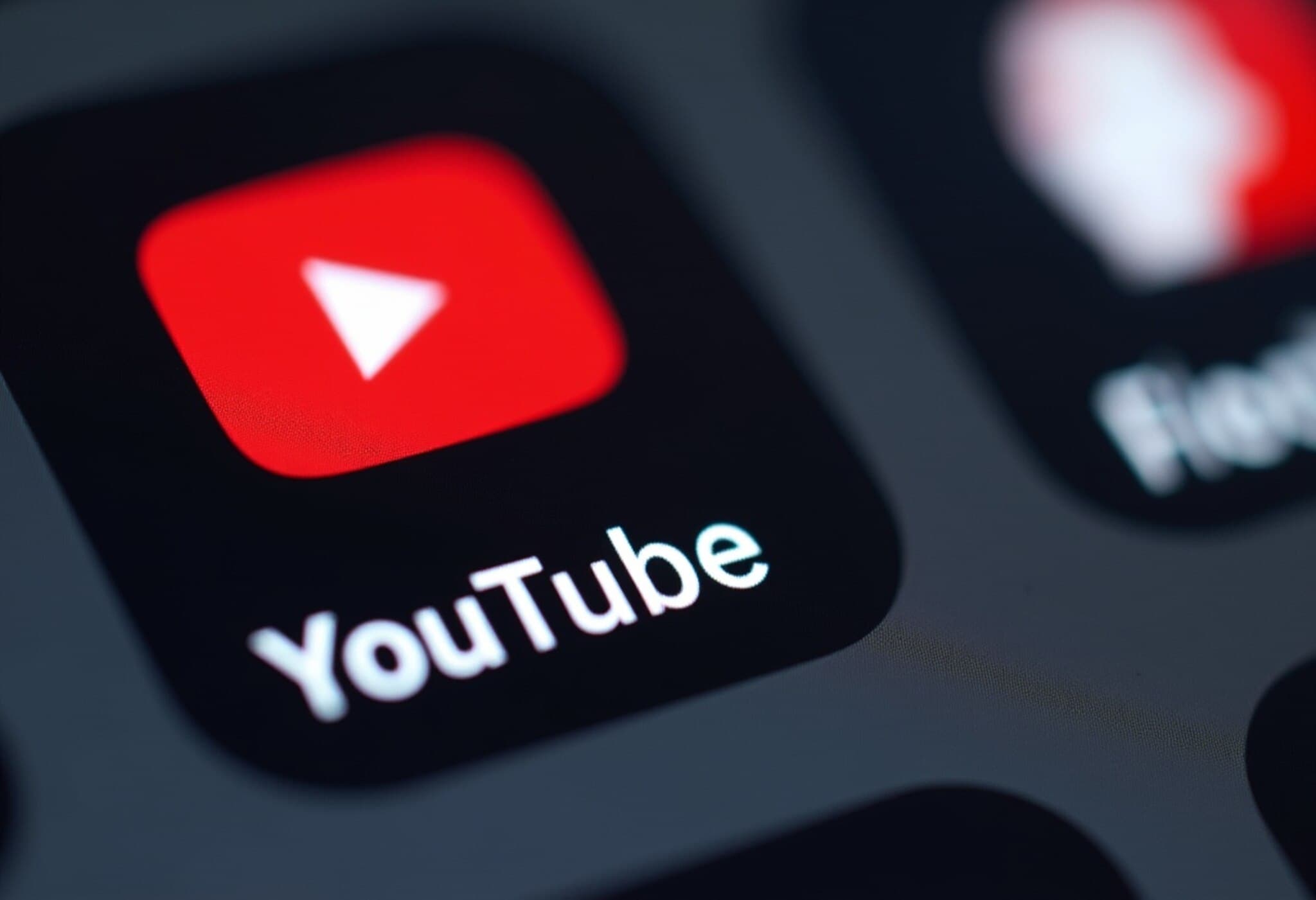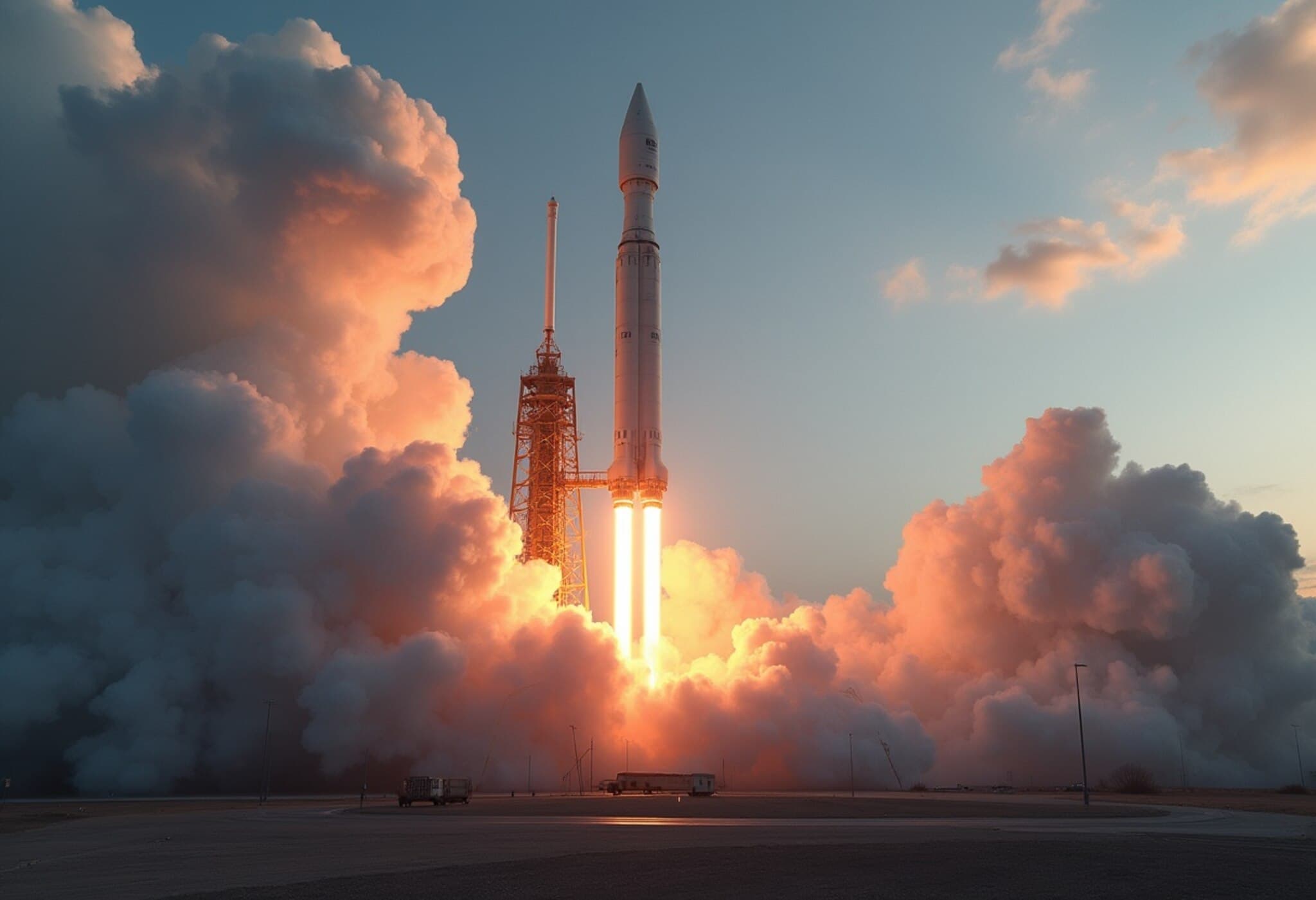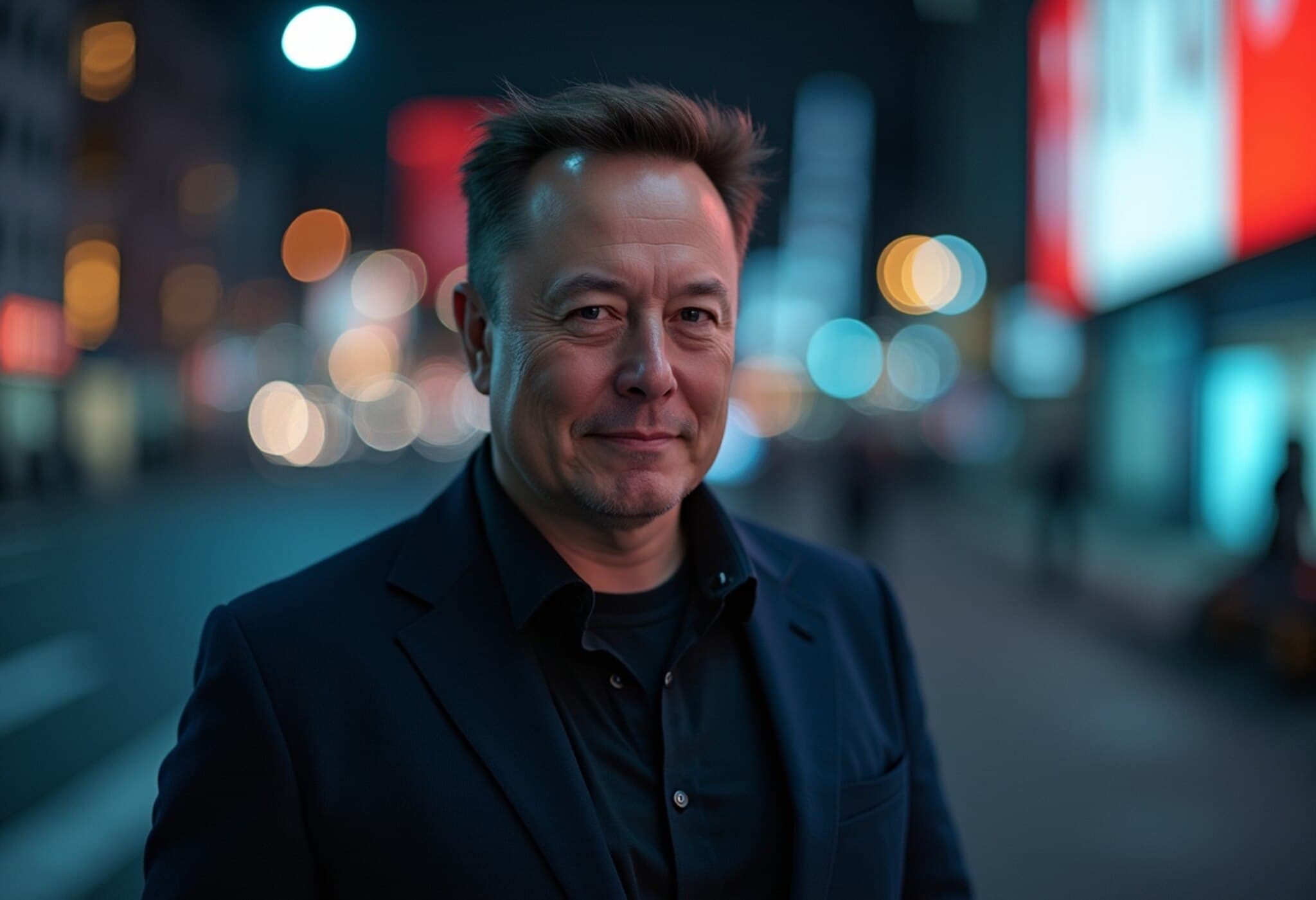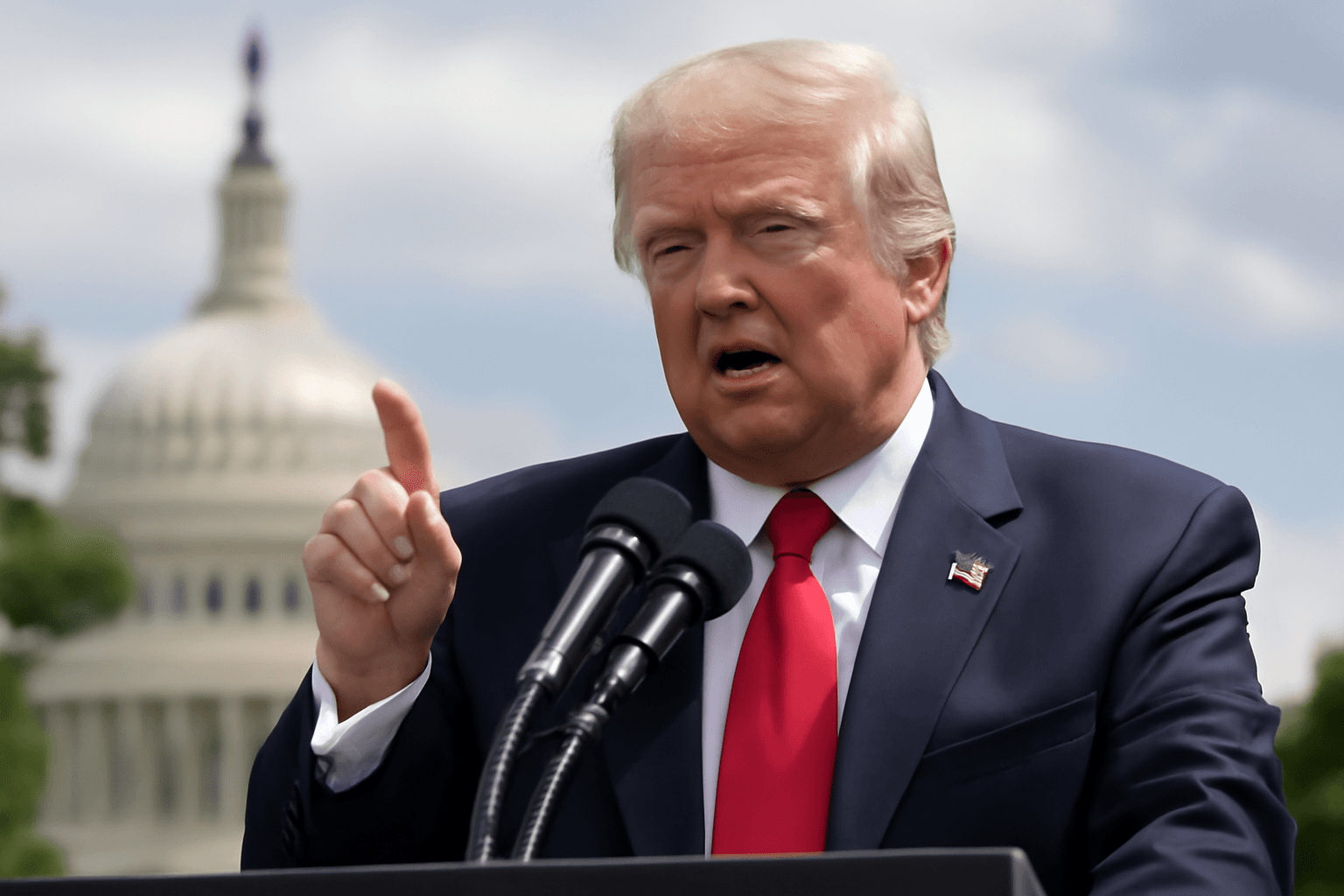Elon Musk's Complex Web of Broken Relationships: A Deep Dive
Elon Musk stands as one of the most celebrated innovators of our time, renowned for revolutionizing industries from electric vehicles to space travel. Yet, beneath the surface of his visionary success lies a striking pattern of severed friendships and professional rifts. From Silicon Valley titans to family members, Musk’s relentless drive and uncompromising approach have contributed to a trail of fractured ties.
This article explores the major figures who have experienced Musk’s fallout, revealing how ambition, personal conviction, and public battles intersect to create a narrative as complex as the man himself.
Larry Page: When Tech Allies Become Adversaries
Elon Musk and Google co-founder Larry Page were once close allies, sharing both social and professional bonds in the heart of Silicon Valley. Musk was known to stay at Page's residence, symbolizing a trust and friendship that ran deep. However, in 2015, their relationship abruptly soured over Musk’s formation of xAI and his recruitment of Ilya Sutskever, a prominent AI expert previously with Google. Page perceived this move not merely as competitive poaching but as a betrayal of shared beliefs on the future and governance of artificial intelligence.
This fallout spotlights a broader debate within tech circles: how much control should major corporations wield over AI development? Musk’s single-minded pursuit of talent and progress, while pioneering, also alienated longtime allies who favored a more cautious, collaborative approach. The Musk-Page rupture serves as a cautionary tale about the cost of pushing innovation at any personal price.
Zack “Asmongold” Hoyt: From Casual Criticism to Viral Feud
In a surprising episode that captivated the gaming community, Elon Musk clashed publicly with Twitch streamer Zack “Asmongold” Hoyt. The spat began when Asmongold accused Musk of “boosting” — having others play a game on his behalf — during a livestream of Path of Exile 2. Musk responded with swift digital repercussions, unfollowing Asmongold and retracting his verification badge on X (formerly Twitter), escalating the tension.
The dispute reached a new height when Musk shared private direct messages between them publicly, sparking conversations about privacy and online decorum. This incident, though trivial compared to Musk’s large-scale ventures, underscores how his social media presence can magnify small disagreements into widespread controversies, reinforcing his reputation as a polarizing figure who mixes public spectacle with personal grievance.
Martin Eberhard: Tesla’s Foundational Rift
Tesla’s early story is incomplete without addressing the conflict between Elon Musk and co-founder Martin Eberhard. After Musk ousted Eberhard as CEO in 2007, tensions ran high. Eberhard later sued Musk alleging defamation and disputing Musk’s claims of founding credit. Musk’s rare public insult labeling Eberhard as “the worst person” he ever worked with added fire to the feud.
This rivalry exemplifies the cutthroat nature of startup culture and raises important questions about leadership narratives in tech stories. Musk’s tendency to dominate public perception often rewrites company history, sometimes overshadowing the contributions of other pioneers.
Sam Altman and OpenAI: A Vision Divided
Once intellectual collaborators, Musk and OpenAI co-founder Sam Altman ended their partnership amid sharp disagreements over the company’s trajectory. Musk advocated for OpenAI to retain its non-profit status, focusing solely on humanity’s benefit, while Altman proposed a hybrid model with a for-profit arm to boost funding and accelerate development.
The split soon took a personal tone. Altman accused Musk of insecurity, while Musk dismissed Altman derogatorily. Insiders believe Musk’s frustration also stemmed from reduced influence on OpenAI’s board, as the organization’s ambitions evolved. This saga illustrates the tension between idealism and pragmatism within emerging technologies and highlights the challenges of sustaining unified vision in fast-moving sectors.
Jack Dorsey: When Support Turns to Disappointment
Twitter’s co-founder Jack Dorsey initially welcomed Musk's acquisition of the platform, intrigued by Musk's promise to revitalize the social media giant. However, Musk's tenure—marked by sweeping layoffs, radical content policy shifts, and rebranding Twitter as X—turned Dorsey into a vocal critic.
Dorsey described Twitter as having “gone south” under Musk’s leadership, pointing to a chaotic management style that alienated users and eroded community trust. The divergence between their visions reflects deeper debates on content moderation, platform responsibility, and corporate governance in the digital age.
Justine Wilson: The Personal Cost of a Global Vision
Behind the headlines and boardrooms lies Musk’s personal life, where ruptures have been equally public and painful. Justine Wilson, Musk’s first wife, has characterized herself as a “starter wife” in interviews, reflecting on their eight-year marriage that ended amid legal and emotional battles.
Their divorce occurred during Tesla's rise, with disputes over assets including Tesla and SpaceX shares sparking broader conversations about gender, wealth disparity, and power dynamics in Silicon Valley. Wilson’s candid reflections provide a rare glimpse into how Musk’s monumental ambitions can overshadow and strain intimate relationships.
Vivian Jenna Wilson: Family Rift in the Public Eye
One of Musk’s most deeply personal and visible rifts involves his transgender child, Vivian Jenna Wilson, who legally changed their name and publicly severed ties with Musk. Reports of Musk’s public skepticism towards Vivian’s gender identity, including reportedly referring to them as “dead to him,” have intensified this painful divide.
This public family rupture has resonated beyond Musk’s personal circle, highlighting how societal attitudes and family dynamics intersect in the lives of public figures. Advocates emphasizing transgender rights have pointed to this as a stark example of how personal beliefs can echo into the public domain, affecting family and public discourse alike.
Grimes: Navigating Co-parenting Amid Public Scrutiny
The relationship between Musk and musician Grimes, spanning from 2018 to 2021, offered a window into the challenges of blending high-profile careers with shared parenthood. Their often cryptic and occasionally heated exchanges over their three children have been widely covered, revealing tensions compounded by Musk’s demanding schedule and divergent lifestyles.
While expressing mutual care for their children, their co-parenting struggles underscore a universal theme: balancing personal relationships with professional obligations—particularly under the relentless gaze of public attention.
Vernon Unsworth: The Thai Cave Rescue Controversy
Musk’s involvement in the 2018 Thai cave rescue took a controversial turn when British diver Vernon Unsworth dismissed Musk’s mini-submarine offer as a “PR stunt.” In response, Musk’s impulsive tweet labeling Unsworth a “pedo guy” triggered a defamation lawsuit. Although Musk prevailed legally, the incident blemished his public image and served as a stark reminder of the risks of unfiltered online behavior.
This high-profile spat revealed how quickly Musk’s reputation can be impacted by his combative social media style, drawing global scrutiny beyond his technological feats.
Sam Harris: When Science Disputes Become Personal Feuds
Neuroscientist Sam Harris and Musk collided over COVID-19 predictions when Musk bet Harris $1 million that U.S. cases would not surpass 35,000—a wager Musk ultimately lost but allegedly never paid. The clash evolved beyond epidemiological debate to personal attacks, with Musk publicly calling Harris “mentally ill.”
This episode reinforces a pattern where intellectual disagreements, particularly in high-stakes or public scenarios, devolve into personal animosities, highlighting the delicate balance public figures must maintain when discussing science and policy.
Donald Trump: A Rocky Political Alliance Unfolded Publicly
In a surprising political development, Musk actively endorsed Donald Trump’s 2025 presidential campaign and joined his administration, heading the Department of Government Efficiency (DOGE). Initially lauded for championing federal spending cuts and driving policy reforms, their alliance was short-lived.
By mid-2025, Musk's public denunciation of a key bipartisan spending bill ignited a bitter confrontation with Trump who threatened to revoke Musk’s government contracts. The very public feud, unfolding across social media platforms, exposed the fragility and volatility inherent in political partnerships, especially when personalities and agendas clash.
Editor’s Note
Elon Musk’s pattern of fractured relationships offers a compelling study of the interplay between visionary ambition and human connection. His story raises critical questions: To what extent does relentless pursuit of innovation justify collateral damage to personal and professional bonds? How do leadership styles impact collaborations in the tech world? And how can public figures balance transparency with discretion in the digital era?
The narratives explored here serve as a reminder that behind every groundbreaking achievement lies a web of relationships—some lasting, some broken—that shape the journey of innovation. As Musk continues to influence global industries and politics, understanding these dynamics offers nuanced context to his complex public persona.
About the Author
Our editorial team brings extensive expertise in technology, culture, and policy. Through rigorous analysis and compassionate storytelling, we illuminate the human stories behind global headlines, striving to inform and engage readers with balance and insight.

